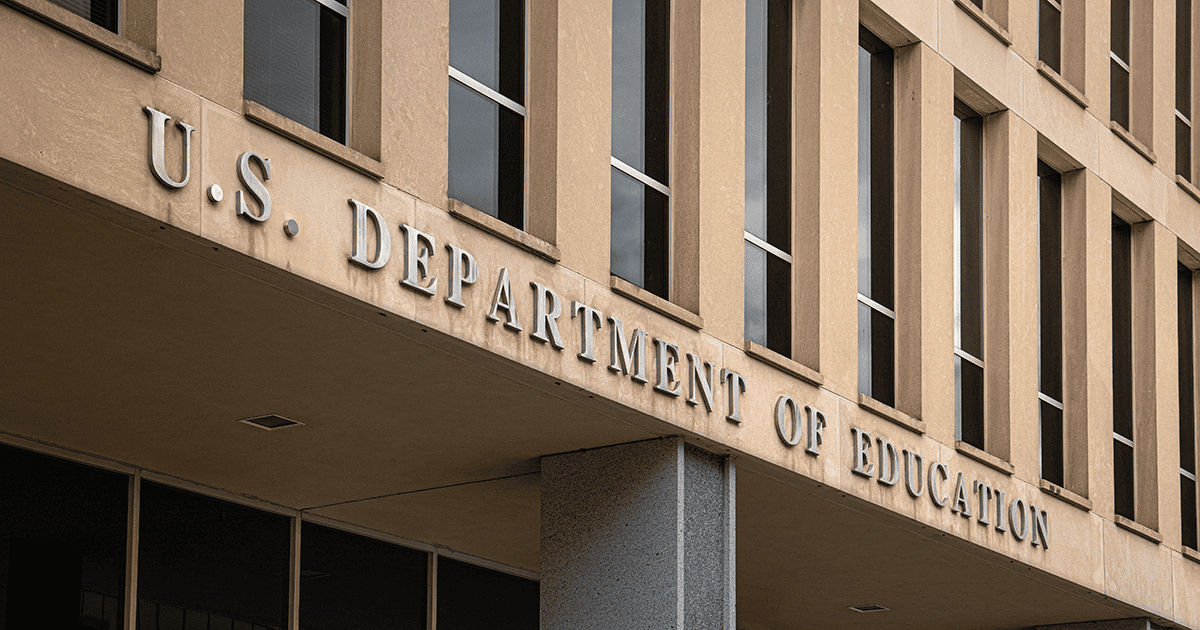The short answers are biology and psychology! Physiologically speaking, it is because we are hearing our voice via bone conduction. When we hear ourselves talk, our voice bypasses the middle ear, and the vibrations from our diaphragm are transferred directly to our cochleae via our skull—in other words, bone conduction!
But that’s just the biological aspect. Research has shown that what others hear when you speak can influence how you are perceived, leading to assumptions about your intellect, wealth, emotions, and a plethora of other attributes. Knowing that a listener could make a snap judgment about you just based on your voice makes people nervous.
People in professions where using their voice is crucial (think journalists, CEOs, politicians, actors, etc.) often alter their voices to fit their job demands. Female newscasters may lower the pitch of their voice because lower pitched voices may denote authority. Think of a comedian who is very good at voice impersonations. They are frequently altering their voices.
There is a lot of pressure to sound “just right” to others, whether you are a professional speaker or not. Thankfully, altering what we sound like to others is something we have control over, should we wish to do so. How we hear ourselves when we speak, however, is not something we can change. Keeping this self-perception of our speaking voices in mind could be very helpful when assisting a new hearing aid user during fine tuning in a fitting session.
Reference
Craven J. (2025) Why do people hate the sound of their own voice? The biology and psychology behind the disconnect. Popular Science. (accessed January 29, 2025).
Recent Posts
CMS Sets Medically Unlikely Edit for Key Audiology Codes
The Centers for Medicare and Medicaid Services (CMS) has established a Medically Unlikely Edit (MUE) of two units per date of service for Current Procedural Terminology (CPT®) codes 92629, 92632,…
Allergies in U.S. Adults
Individuals who live in colder areas of the country may be eagerly awaiting the arrival of spring and its associated warmer weather. Others may be…
Securing Federal Loan Access for Audiology Students: Comments Close March 2
The Academy is pursuing a two-pronged strategy through Congress and the Department of Education to protect federal student loan access for AuD students. Both pathways…


